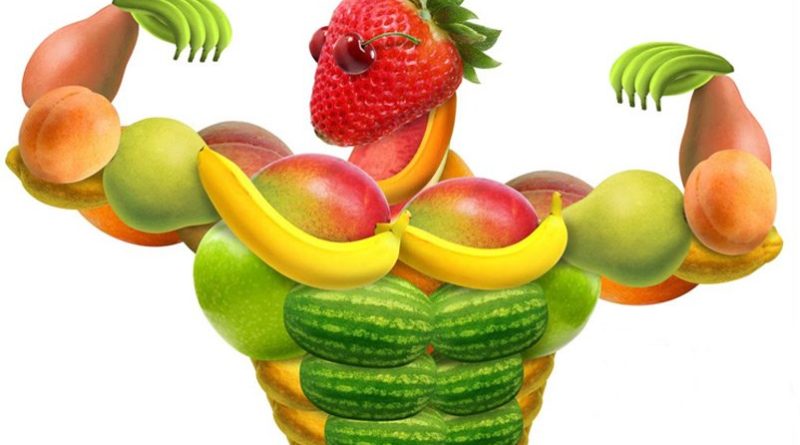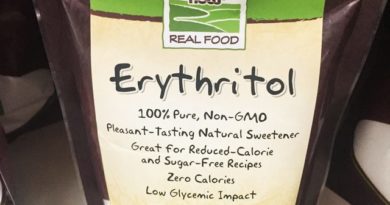Is Plant Protein Finally Sprouting and Showing Some Growth?
We are all used to seeing whey protein products across the board. Things like protein bars, shakes, powders, and food items. With the cost associated with whey seemingly always rising, consumers are looking at different ways to increase their daily protein intake and it appears plant protein is showing some growth.
Disclaimer: This article is for informational purposes only and is not meant to treat or diagnose any condition. It is recommended that you speak with your doctor before starting any exercise program, changing your daily nutrition, or adding any supplements to your regimen.
Table of contents
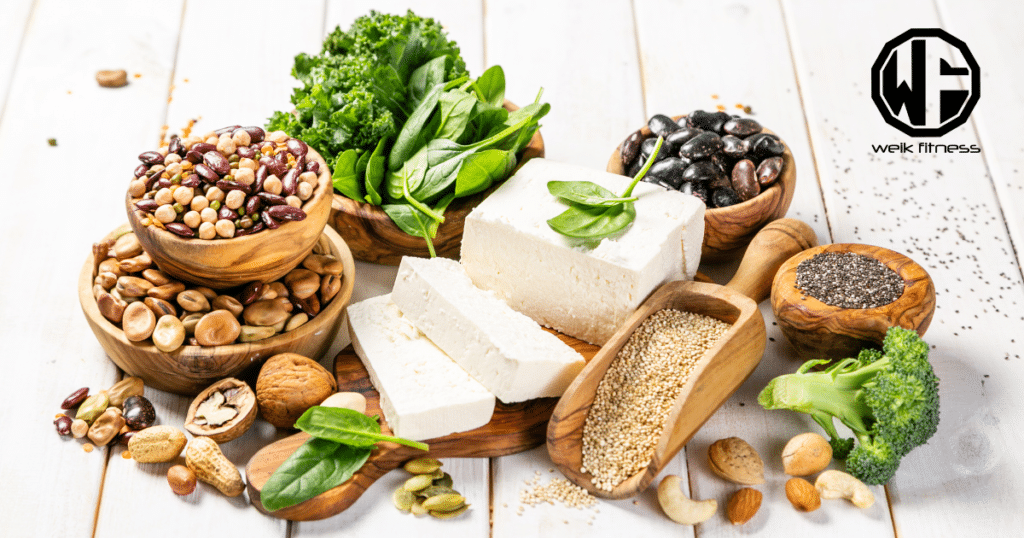
What is Plant Protein?
Plant protein refers to protein derived from plant sources rather than animal sources. Here are the key points about plant protein:
- Sources: Plant proteins come from various plant-based foods, including:
- Legumes (beans, lentils, peas)
- Nuts and seeds
- Whole grains
- Soy products (tofu, tempeh)
- Some vegetables (broccoli, spinach)
- Amino acid profile: Plant proteins typically contain all essential amino acids, but some may be lower in certain amino acids compared to animal proteins. Combining different plant protein sources can help ensure a complete amino acid profile.
- Digestibility: Plant proteins are generally less digestible than animal proteins, but processing methods can improve their digestibility.
- Health benefits: Plant proteins are often associated with lower saturated fat and cholesterol content, and higher fiber intake compared to animal proteins.
- Environmental impact: Plant proteins generally have a lower environmental footprint than animal proteins in terms of land use, water consumption, and greenhouse gas emissions.
- Applications: Plant proteins are increasingly used in food products as meat alternatives, protein supplements, and ingredients in various food formulations.
Who is Plant Protein Good For?
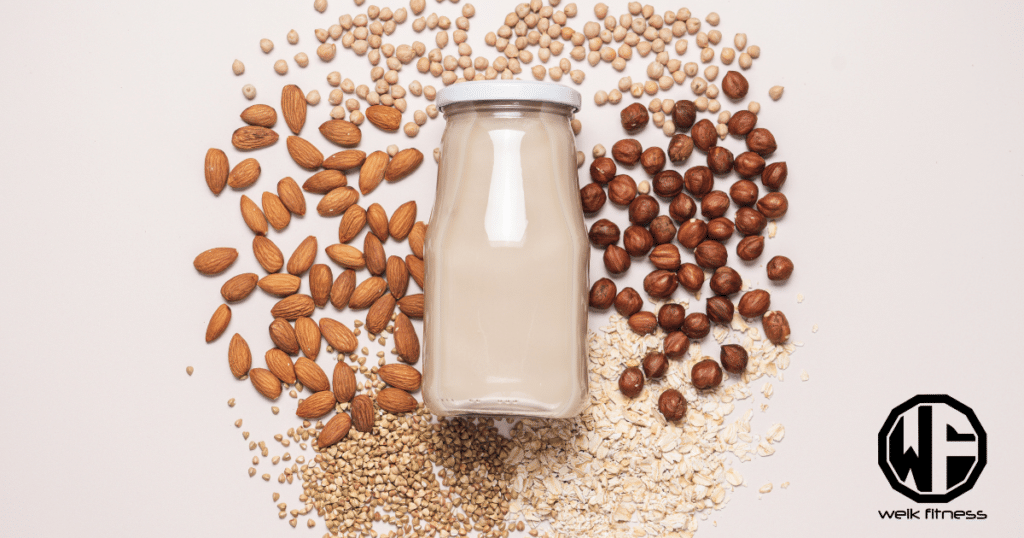
Plant protein can be beneficial for various groups of people:
- Vegetarians and vegans: Essential for those who avoid animal products.
- People with lactose intolerance or dairy allergies: Plant proteins offer an alternative to dairy-based proteins.
- Individuals managing cholesterol levels: Plant proteins are typically lower in saturated fat than animal proteins.
- Those with environmental concerns: Plant proteins generally have a lower environmental impact.
- People with certain health conditions: May benefit those with kidney disease or gout, as plant proteins are often easier on the kidneys.
- Athletes and fitness enthusiasts: Can support muscle growth and recovery, especially when combined properly.
- Weight management: Plant proteins often come with fiber, which can aid in feeling full and managing weight.
- General population: Can be part of a balanced diet for anyone looking to diversify their protein sources.
- Those with specific dietary restrictions: Useful for people following kosher or halal diets.
- Individuals with digestive sensitivities: Some may find certain plant proteins easier to digest than animal proteins.
Is This the Year of Plant Protein Products?

I’ve watched several brands launch plant protein powders over the last few months and now it appears that even bar manufacturers are jumping on board. PowerBar who makes energy bars has decided to throw their hat in the ring and see how sales perform for them with some new bars. Their brand manager said, “We noticed that when it comes to protein, consumers are becoming more selective, and we’ve seen plant protein sources gain popularity as a result.” I must admit, I’m extremely impressed that a brand can see a trend and make changes quickly to keep up with the demand. Many brands don’t evolve with changes in the industry and it’s refreshing to see that a brand like PowerBar is jumping in with both feet to supply their consumers with an option they clearly have been asking for.
While PowerBar in the past has launched many different bars that contained whey protein, the new bars they launched are more of a granola variety and use protein from sources such as peanuts, cashews, and almonds. Obviously, if you have nut allergies, these types of products and bars would not be for you. In addition to the protein coming from the nuts mentioned, they are also using rice and pea protein crisps in the bars for added protein which also gives it more of a crunchy texture.
They did mention that pea protein in general gives an almost bitter taste, and that through the addition of the nuts and seeds, it improved the flavor profile drastically thanks to the added fats. And let’s face it, the bar category has changed a lot over the years. If you ate a protein bar back in the 90’s you would have sworn someone was trying to poison you or that they gave you a piece of cardboard to chew on. Nowadays, we have some amazing tasting bars that almost taste like something you would eat if you wanted to cheat on your clean diet.
Will the Plant-Based Movement Continue?
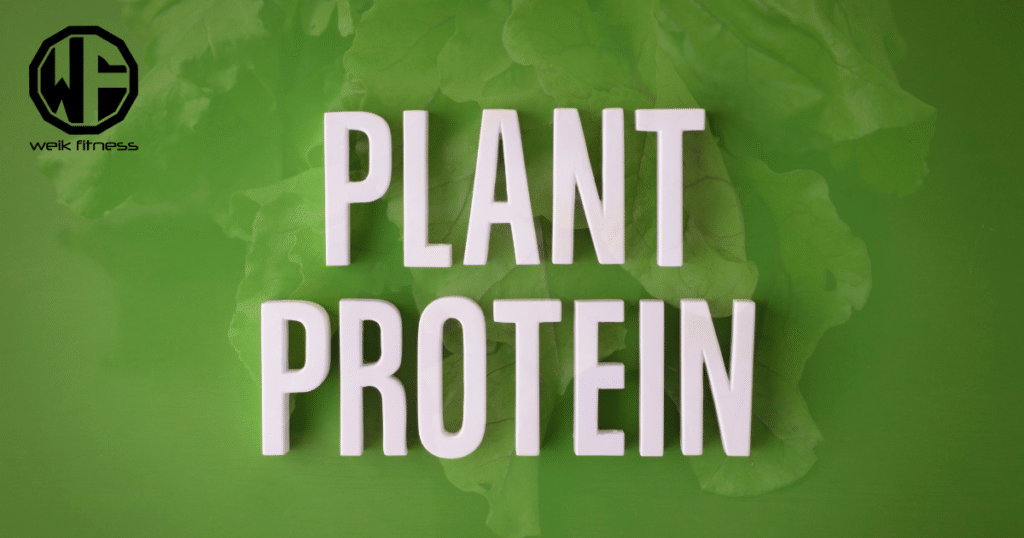
It’s tough to say. If you look at the current products out there on the market that include plant-based protein, the content is generally lower than what we are accustomed to seeing from a whey protein-based product. If you look at PowerBar again as an example, their whey protein bars are generally hitting around the 20g mark whereas the plant-based protein bars are only coming in around 10g.
While PowerBar is mentioning the plant-based was never meant to replace the whey, it seems like the new plant protein bars are going to be attracting a different demographic in terms of consumers. And that’s ok, honestly. I like the fact that we are introducing new products to the market for people with different needs, wants, and tastes. We just need to set our expectations of the product a little lower, knowing that whey protein owns majority of the share out there in terms of what protein source is going into bars and other products on the market.
Related Article: The Best Plant-Based Protein on Amazon [Top 10 Edition]
PowerBar mentioned, “We are seeking to diversify our product portfolio and offer products for various usage occasions. Our 20g bars are great for post-workout recovery or providing a meal replacement. When you’re looking for a snack, the 10g of protein in our Plant Protein bar is the perfect amount that will provide needed energy and satiety without feeling too heavy. PowerBar is no longer exclusively for the marathoner or triathlete. We’re broadening our consumer base to include all active players in the sports world. With Plant Protein in particular, we’re looking to appeal to a more natural consumer who is looking for wholesome protein snacks.”
Click here to continue reading…


*Disclosure: This article may contain affiliate links or ads, which means we earn a small commission at no extra cost to you if you make a purchase through these links. These commissions help support the operation and maintenance of our website, allowing us to continue producing free valuable content. Your support is genuinely appreciated, whether you choose to use our links or not. Thank you for being a part of our community and enjoying our content.
PLEASE CONSIDER SHARING THIS ON YOUR SOCIAL MEDIA TO HELP OTHERS LEARN MORE ABOUT THIS TOPIC.


